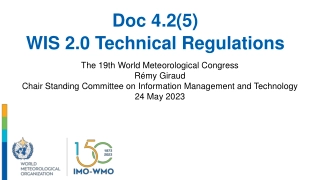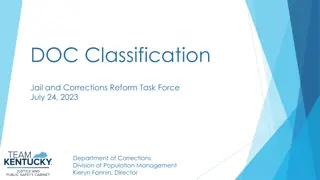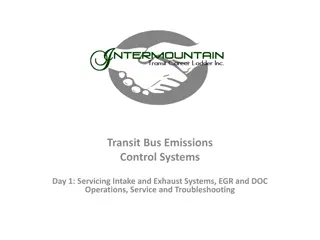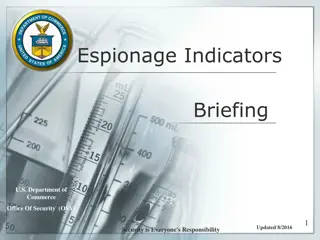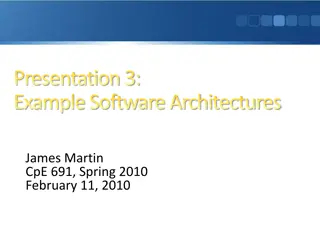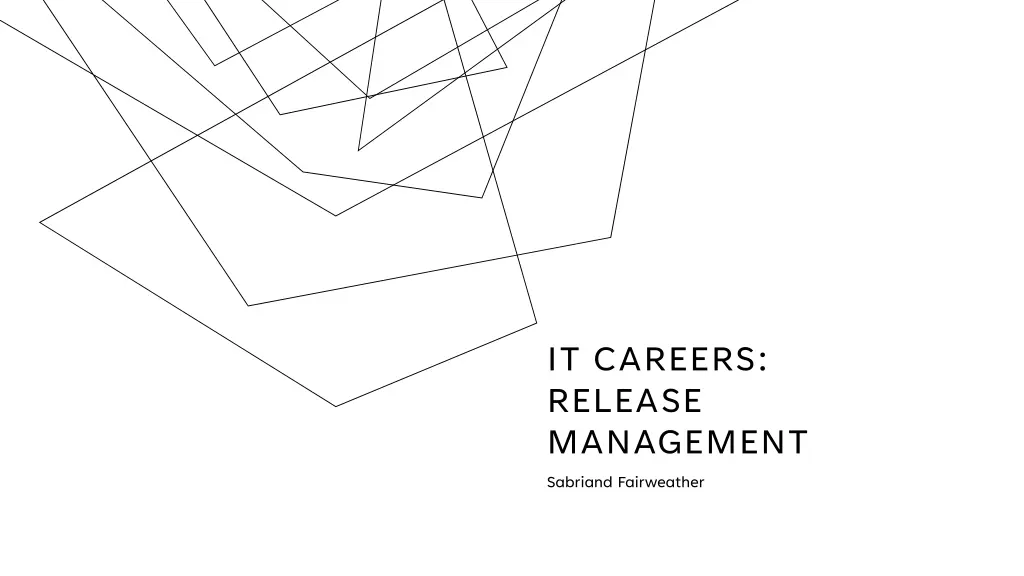
Release Management and IT Careers in the Electronic Industry
Explore the world of release management in IT careers, including the roles of release manager and deployment engineer. Learn about the evolving IT industry and the importance of release management in software deployment processes. Discover how release management plays a crucial role in delivering software products to end users, internal servers, and app stores.
Download Presentation

Please find below an Image/Link to download the presentation.
The content on the website is provided AS IS for your information and personal use only. It may not be sold, licensed, or shared on other websites without obtaining consent from the author. If you encounter any issues during the download, it is possible that the publisher has removed the file from their server.
You are allowed to download the files provided on this website for personal or commercial use, subject to the condition that they are used lawfully. All files are the property of their respective owners.
The content on the website is provided AS IS for your information and personal use only. It may not be sold, licensed, or shared on other websites without obtaining consent from the author.
E N D
Presentation Transcript
IT CAREERS: RELEASE MANAGEMENT Sabriand Fairweather
DOUGLAS ADAMS ON TECHNOLOGY: Anything that is in the world when you re born is normal and ordinary and is just a natural part of the way the world works. Anything that s invented between when you re fifteen and thirty-five is new and exciting and revolutionary and you can probably get a career in it. Anything invented after you re thirty-five is against the natural order of things.
THE IT INDUSTRY: The Electronic IT industry is young. ~ 50 years The barrier for entry into a job in the IT industry is variable. The IT industry is always changing because we are still learning. In the 10 years between today and when you will enter the job market: - A new process methodology will likely be competing for primacy. - The next big thing will have cycled a few times. - The cost, difficulty, and hours needed to accomplish tasks will decrease. - Virtual workspaces will become more standardized.
RELEASE MANAGEMENT Specializes in deploying a company s software products whether that be to an end user, onto the company s internal or external servers, or to an app store. Many business and industries have regulations preventing the person from writing the software from deploying it to production servers. The solution is to have trained Release Managers, deployment engineers, release train engineers, and the like. Release management participates in most phases of the SDLC (right) but primarily the deployment and maintenance phases. Different methodologies of software development (Agile, Waterfall, UNP) make release management look different in practice.
RELEASE MANAGER Works in conjunction with Business, SQA, Project Managers, Development, the Change Manager, Engineering, and deployment engineers to drive the release process. Dictates policy and process for how a release is considered ready. Schedules software releases and manages the release calendar. Is part of the Go-Live team for releases. Develops release scripts/methods and actively runs the release process. Mid-level to Senior level position.
DEPLOYMENT ENGINEER Works in conjunction with Business, Clients, SQA, Project Managers, Release Manager, Software Development, Change Management, and Engineering to deliver software in release process. Deploys software to internal and eternal servers, both non- production and production. Deploys software according to the release calendar and to meet stakeholder needs. Is part of the Go-Live team for releases. Deploys software using release scripts/methods. Is an entry level to mid-level position.
TANGENTIAL ROLES: Software Quality Assurance Software test and validation Project Manager Runs the project team Business Analyst Gathers requirements from the business Change Manager In ITIL/ITSM shops runs the Change Advisory Board Computer Operator Works in the Network Operation Center (NOC) Monitors systems. Systems/Network Engineer Builds and maintains the business IT infrastructure.
FEATURES: Skills, software, and methods evolve with the technology. Certification is newer and still evolving. -ITIL V4, DevOps Institute, Agile Safe Work schedules tend to be non-standard and deadline driven. Self education is a constant requirement, there s always a next thing to learn. Various degrees will allow you to do the job. Remote work and travel are common for client facing positions.

